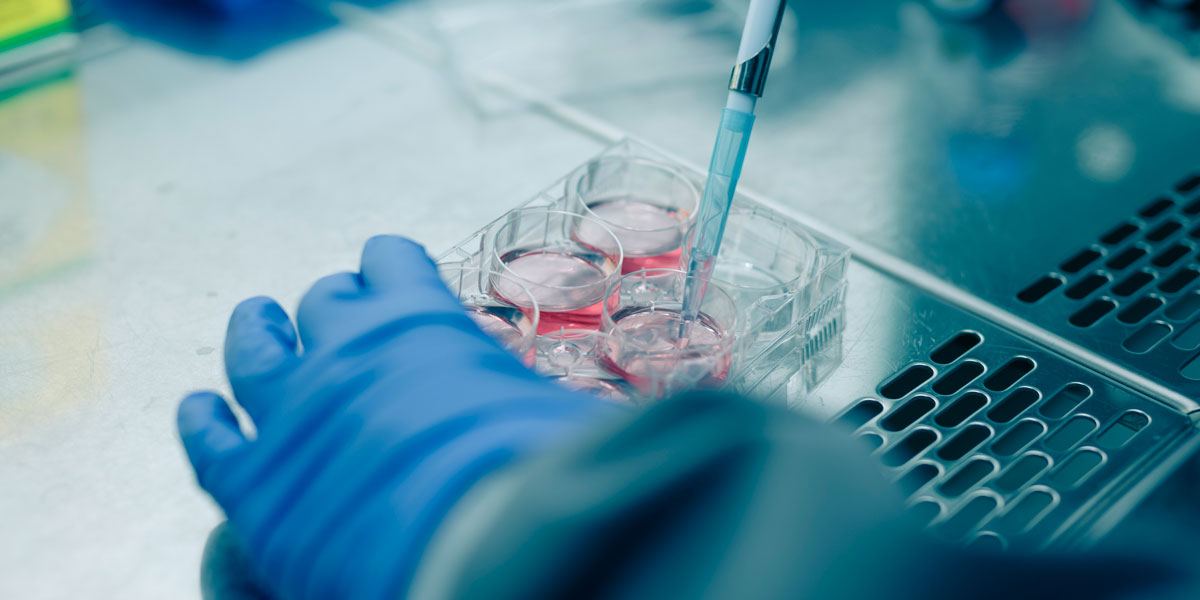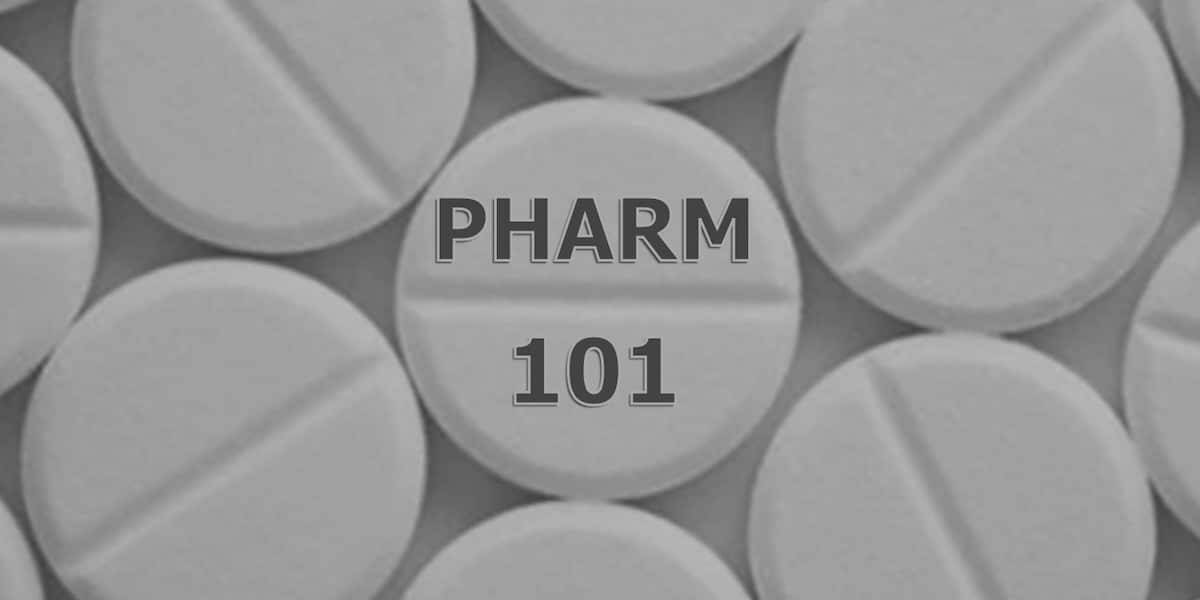Pharmacology, the study of drugs and their effects on living organisms, has undergone a remarkable journey from its early beginnings to its current status as a cornerstone of modern medicine. This article explores the captivating evolution of pharmacology, from its historical roots to its pivotal role in healthcare today.
Introduction to Pharmacology
Pharmacology encompasses the understanding of how drugs interact with biological systems to produce therapeutic effects. It plays a crucial role in developing safe and effective medications to treat a wide range of diseases and conditions. The evolution of pharmacology can be traced back to ancient civilizations, where plant-based remedies were used for medicinal purposes. However, it wasn’t until the 19th century that pharmacology began to emerge as a distinct scientific discipline.
Understanding Pharmacology Breakthroughs
Pharmacology breakthroughs encompass a wide array of discoveries and innovations aimed at improving human health. These breakthroughs range from the development of new drugs to cutting-edge therapeutic techniques that target diseases at their root.
Early Beginnings
The roots of pharmacology can be found in the practices of ancient civilizations such as the Egyptians, Greeks, and Chinese, who utilized various natural substances for healing purposes. These early observations laid the foundation for the study of pharmacology, paving the way for future scientific inquiries into the effects of drugs on the human body. In the Middle Ages, Arab scholars made significant contributions to pharmacology, translating and synthesizing Greek and Roman texts on medicine and pharmacology.
Targeted Therapies: Precision Medicine in Action
Targeted therapies are a game-changer in modern medicine, offering treatments tailored to an individual’s genetic makeup and specific disease characteristics. By honing in on the molecular pathways driving diseases, these therapies maximize efficacy while minimizing side effects.
Gene Therapy: Rewriting the Code of Life
Gene therapy holds the promise of curing genetic disorders by replacing or repairing faulty genes. By delivering therapeutic genes into cells, this revolutionary approach has the potential to transform the lives of patients with previously untreatable conditions.
The Rise of Modern Pharmacology

The 19th and 20th centuries witnessed rapid advancements in pharmacology, driven by scientific discoveries and technological innovations. One of the key milestones was the isolation and synthesis of active compounds from natural sources, leading to the development of new drugs with enhanced efficacy and safety profiles. The establishment of pharmacological societies and research institutions further propelled the field forward, fostering collaboration and knowledge exchange among scientists and clinicians.
Immunotherapy: Harnessing the Power of the Immune System
Immunotherapy unleashes the body’s own immune system to fight cancer and other diseases. By bolstering immune responses or removing barriers that cancer cells use to evade detection, immunotherapy offers new hope to patients battling advanced cancers.
Pharmacology in Practice
In contemporary times, pharmacology plays a central role in drug development and clinical practice. The process of bringing a new drug to market involves rigorous testing and evaluation to ensure its safety and efficacy. This includes preclinical studies in laboratory settings, followed by clinical trials involving human subjects. Regulatory agencies such as the Food and Drug Administration (FDA) oversee this process to safeguard public health and ensure that medications meet stringent quality standards.
Pharmacogenomics: Personalized Medicine at its Best
Pharmacogenomics explores how an individual’s genetic makeup influences their response to drugs. By tailoring treatments based on genetic profiles, healthcare providers can optimize drug efficacy and minimize adverse reactions, ushering in a new era of personalized medicine.
Impact on Healthcare
The impact of pharmacology on healthcare cannot be overstated. From antibiotics and vaccines to cancer treatments and cardiovascular drugs, pharmacological interventions have revolutionized the management of diseases and improved patient outcomes worldwide. Pharmacists, physicians, and other healthcare professionals rely on pharmacological knowledge to prescribe medications safely and effectively, tailoring treatment regimens to individual patient needs.
Challenges and Ethical Considerations
Despite its many successes, pharmacology faces numerous challenges and ethical considerations. Drug development is a lengthy and costly process, with many potential candidates failing to make it to market due to safety concerns or lack of efficacy. Moreover, access to essential medications remains a pressing issue, particularly in low-income countries where healthcare resources are limited. Ethical dilemmas also arise in areas such as experimental research involving human subjects and the marketing of pharmaceutical products.
Future Directions
Looking ahead, pharmacology is poised to undergo further transformation as new technologies and therapeutic approaches emerge. Advances in fields such as genomics, proteomics, and personalized medicine hold the promise of more targeted and precise interventions, minimizing adverse effects and maximizing therapeutic outcomes. Additionally, efforts to improve drug accessibility and affordability are underway, driven by advocacy groups, policymakers, and pharmaceutical companies alike.
Nanotechnology: Tiny Solutions with Big Impact
Nanotechnology revolutionizes drug delivery and diagnostics by leveraging tiny particles to precisely target diseased cells or deliver therapeutic payloads. These miniature marvels hold immense potential for enhancing treatment outcomes and reducing side effects.
Drug Repurposing: Finding New Uses for Old Drugs
Drug repurposing involves identifying new therapeutic uses for existing drugs. By tapping into the vast pool of approved drugs, researchers can expedite the development of treatments for a wide range of conditions, saving time and resources in the process.
Stem Cell Therapy: Regenerating Hope
Stem cell therapy harnesses the regenerative potential of stem cells to repair damaged tissues and organs. From treating degenerative diseases to promoting tissue regeneration after injury, this cutting-edge therapy offers hope to patients with unmet medical needs.
Digital Health: Revolutionizing Patient Care
Digital health technologies, such as telemedicine and wearable devices, are transforming how healthcare is delivered and managed. By enabling remote monitoring, personalized interventions, and data-driven insights, digital health empowers patients and healthcare providers alike.
Conclusion
In conclusion, pharmacology has embarked on a fascinating journey from its humble beginnings to its current status as a cornerstone of modern healthcare. Through scientific inquiry, technological innovation, and clinical application, pharmacology continues to shape the way we understand and treat diseases. As we navigate the complexities of drug development and healthcare delivery, the principles of pharmacology remain indispensable in our quest for better health and well-being.
Pharmacology breakthroughs are paving the way for a healthier future, offering innovative solutions to complex medical challenges. From precision medicine to regenerative therapies, these advancements hold the promise of improving outcomes and enhancing quality of life for patients worldwide.




